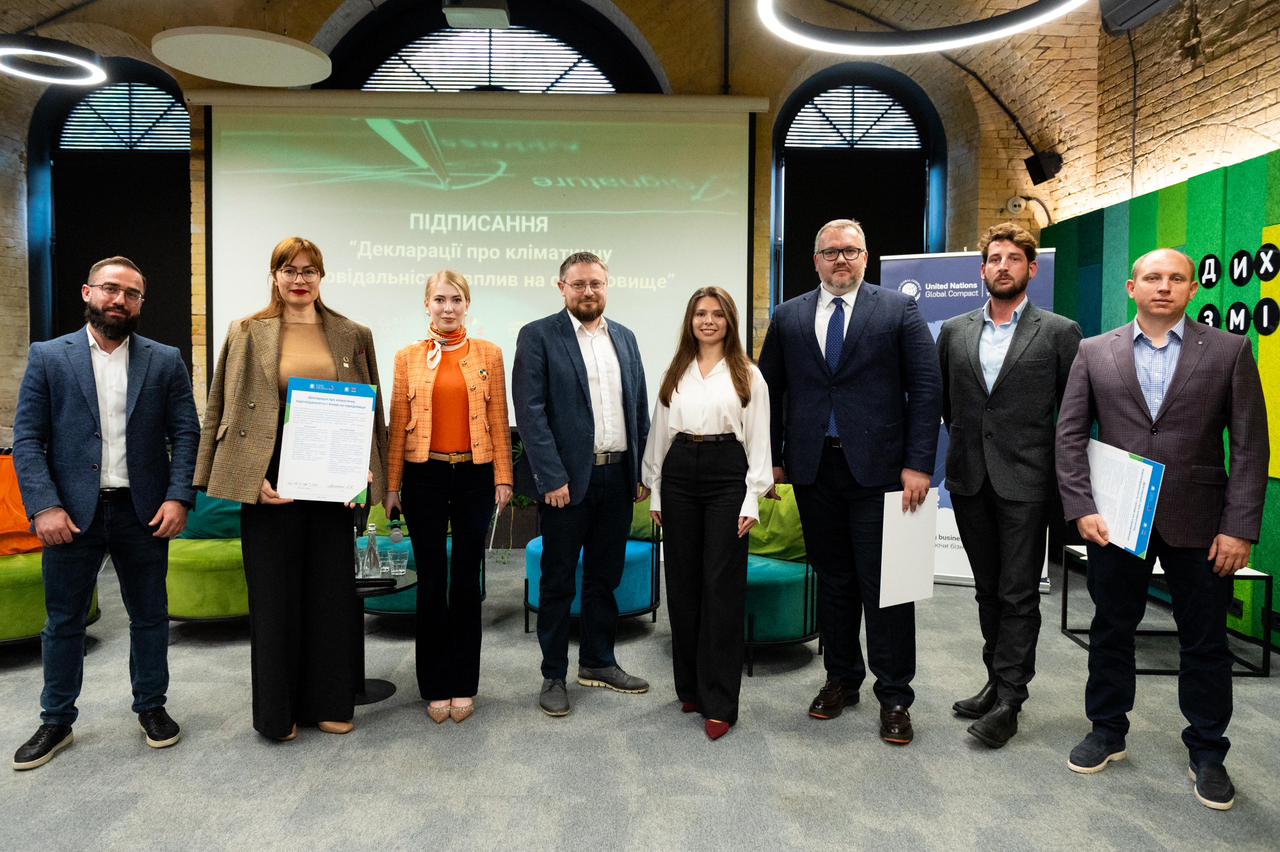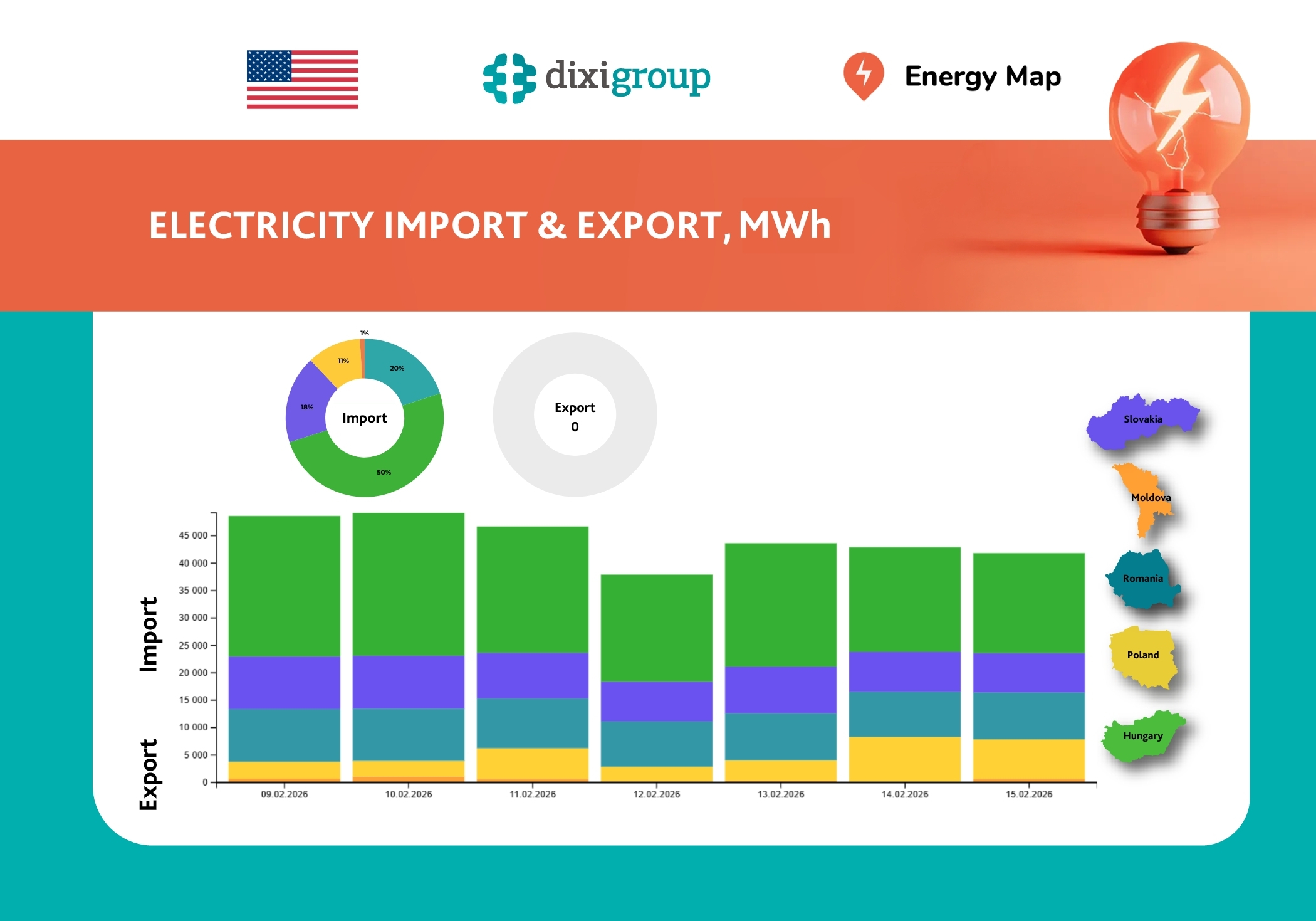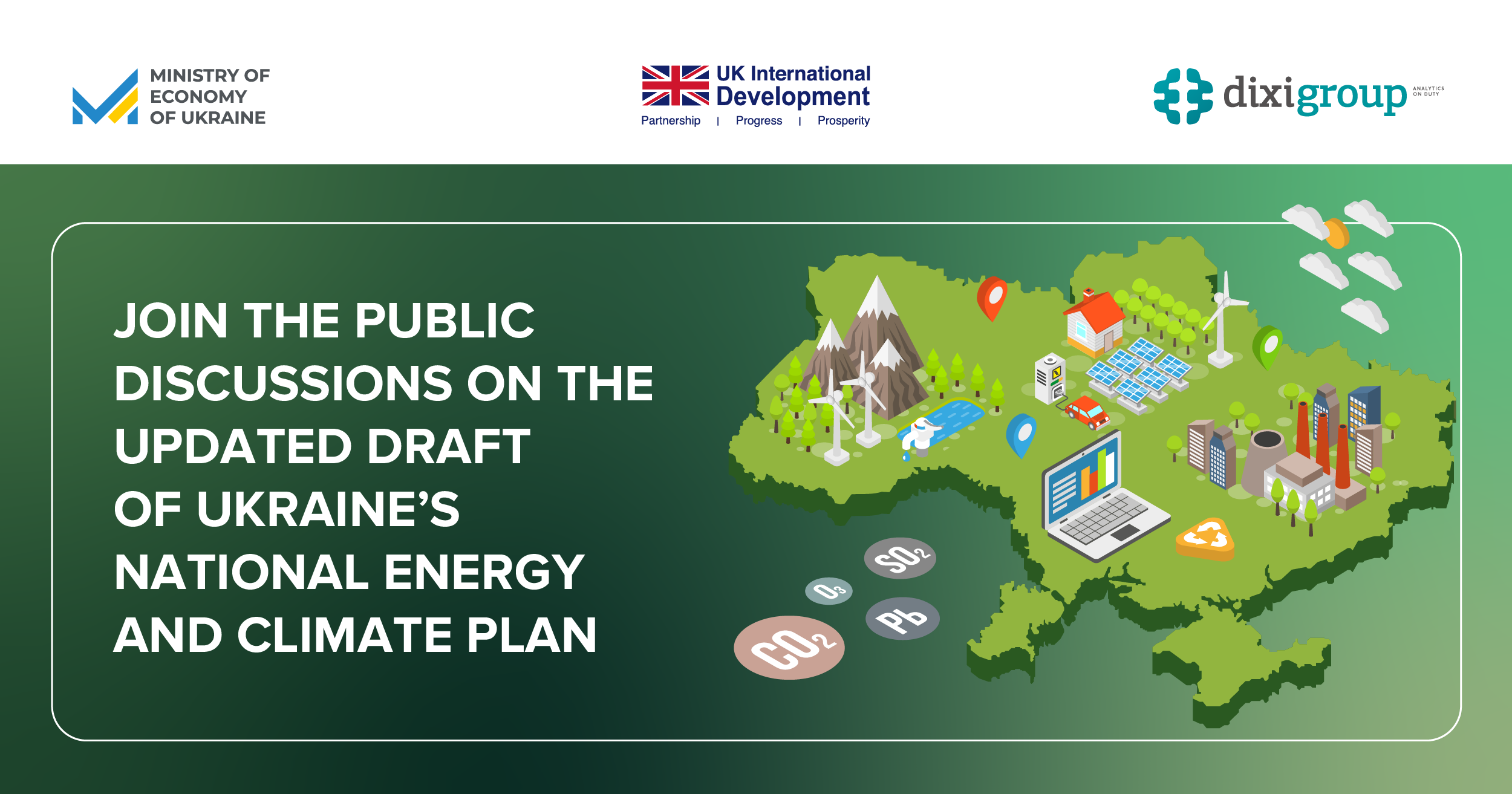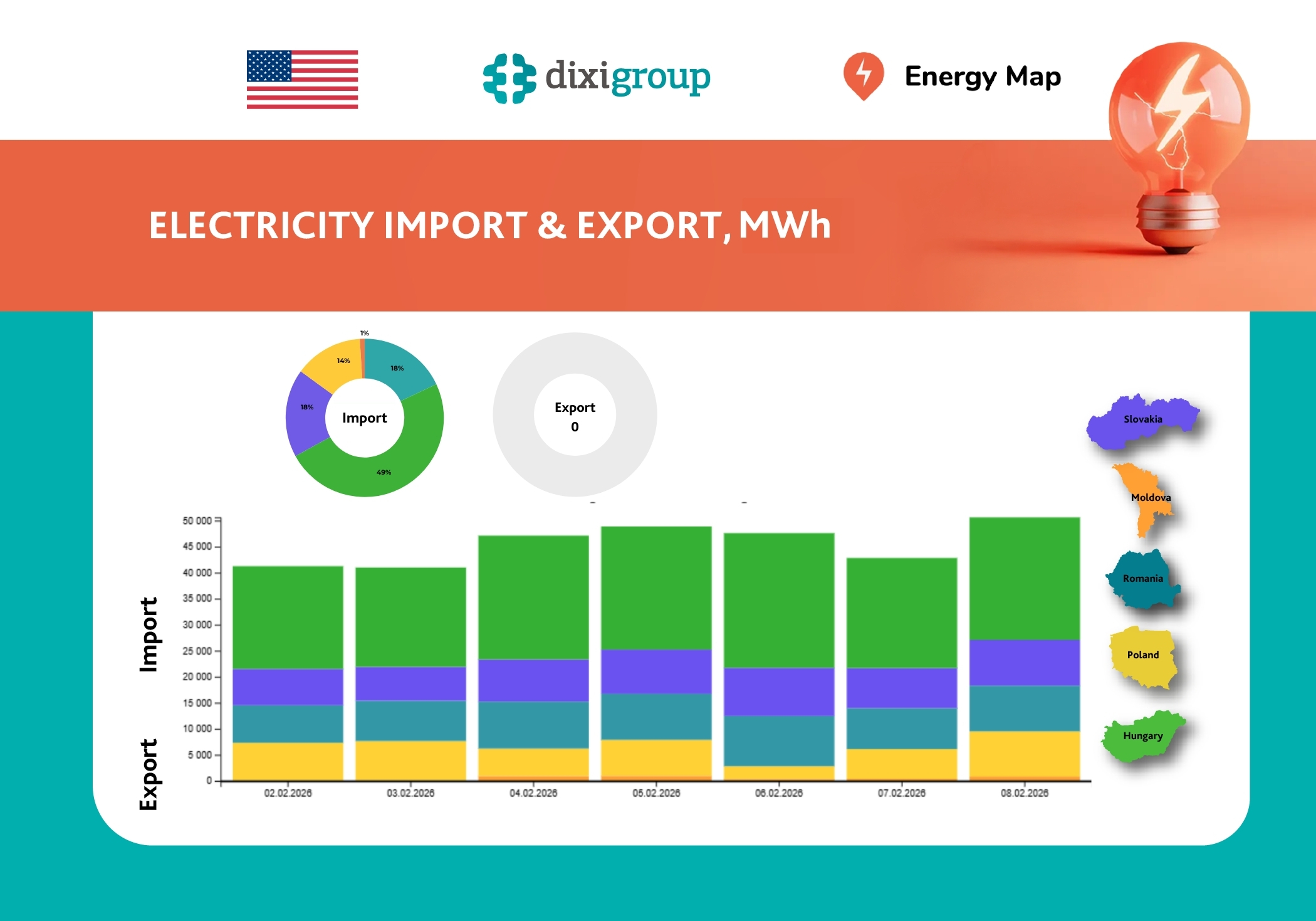Head of the Green Transition Office at the Ministry of Economy of Ukraine and Chief Development Officer of DiXi Group spoke at the event “European Vector of Ukrainian Business: Adapting to Climate Standards” held on 6 May in Kyiv as part of the launch of the fourth round of the Climate Ambition Accelerator 2025 programme.

The meeting brought together representatives of the UN Global Compact in Ukraine, the British Embassy, DiXi Group think tank, the private sector and industry associations, who jointly sought ways to adapt Ukrainian business to European climate standards.
In his speech, Andriy Kitura emphasised the transformation of the approach to climate policy in Ukraine: “I believe that one of the biggest achievements of Ukraine today is that we are gradually transforming the mindset of our policy makers and explaining that the green transition or climate change is not a cost, but an opportunity for our business”, the expert said.
He noted that the main task of the Green Transition Office is to unite the efforts of key stakeholders in the Government of Ukraine for the green transformation of the country, as until recently these issues were not perceived as a priority.

The Head of the Office outlined the main areas of activity, including the analysis of emission reduction options: “We are working on analysing financially attractive, technically feasible options for reducing greenhouse gas emissions in various sectors of Ukraine’s economy”, said Kitura. The office has already completed studies for the agricultural sector and the cement industry, and this year it plans to focus on the metallurgy sector. The results include a list of technical solutions, estimates of capital and operating costs, and the cost of emission reductions.
The expert paid special attention to the development of a green platform, a tool that will combine all available sources of green financing. According to him, it is planned to create an online resource with a complete list of available sources of funding for Ukrainian businesses and communities. The platform will provide information on grants, soft loans, loans, and financing programmes from Ukrainian and international banks.
Coordinating the implementation of the National Energy and Climate Plan remains a significant challenge. As explained by the Head of the Office, this cross-cutting document combines more than 140 different sectoral measures, and its implementation requires more than $40 billion by 2030. Due to Ukraine’s limited domestic resources, the Office focuses on demonstrating realistic government plans and specific investment projects to international partners.



The Green Transition Office is also working on educational initiatives. Andriy Kitura noted the need to train government officials to use green criteria when selecting public projects, as well as to prepare special courses for middle management of large companies in cooperation with one of the key Ukrainian business schools.
The participants agreed that for Ukrainian businesses, climate responsibility is becoming not only an environmental issue, but also a strategic economic issue. The implementation of European standards opens up new opportunities for attracting investment, strengthening positions in global markets and building a sustainable economy in the process of Ukraine’s post-war recovery.









